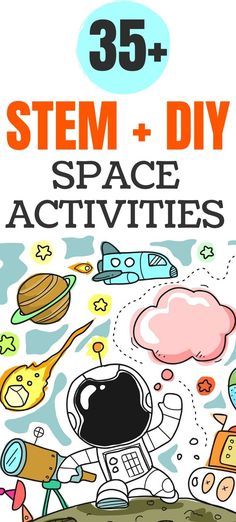World Space Week, held each year from October 4th to 10th, is an international celebration of science and technology and its contribution to the betterment of the human condition. This week presents a splendid opportunity for educators to spark their students’ interest in astronomy, space science, and exploration. Here are 11 activities you can incorporate into your classroom in honor of World Space Week:
1.Build a Model Rocket:
Encourage students to learn about the physics of space travel by constructing their own model rockets. This can be as simple as using paper and straws or more complex using actual model rocket kits.
2.Night Sky Observation:
Arrange an evening where students can observe the night sky through telescopes. They can map constellations, track the movement of planets, or even just wish upon stars.
3.Space-themed Art Contest:
Host an art contest where students express their vision of space through drawings, paintings, or digital media.
4.Astronaut Role-play:
Have your students role-play as astronauts for a day, engaging in activities that real astronauts would do aboard the International Space Station (ISS).
5.Virtual Planetarium Visit:
If a trip to a planetarium isn’t feasible, many institutions offer virtual tours or online shows that bring the cosmos right into your classroom.
6.Invite a Speaker:
Connect with local astronomers or professors who could give a guest lecture on space-related topics from black holes to the life cycle of stars.
7.Movie Day with Space Documentaries:
Screen educational space documentaries that can provide visual insights into space exploration history or current space missions.
8.Writing Letters to Astronauts:
Have students write letters to astronauts, expressing their curiosity and asking questions they might have about life in space.
9.Solar System Mobiles:
Create solar system mobiles where students place planets according to their distance from the sun. This helps them understand the scale of our solar system.
10.Coding a Mars Rover Simulator:
For tech-inclined classes, coding a simple Mars rover simulator can introduce concepts of programming while sparking interest in robotic exploration.
11.Debating Current Space Missions:
Organize debates over current and future space missions such as Artemis to return humans to the Moon or plans for manned Mars missions.
These activities are designed to not only educate but also inspire awe for the vastness and beauty of space while paying homage to human persistence and ingenuity that has made space exploration possible.





